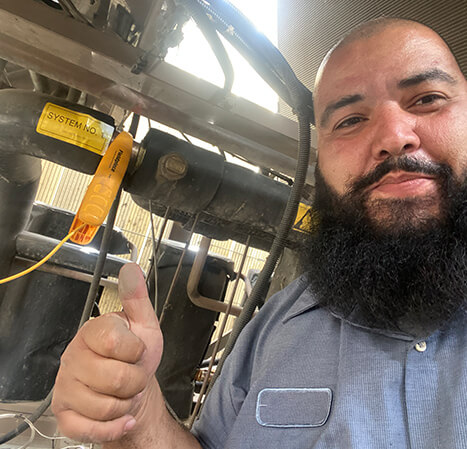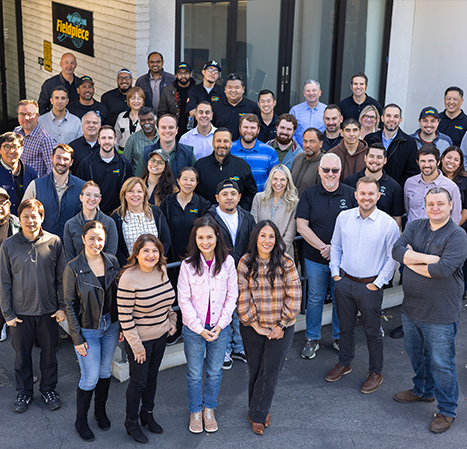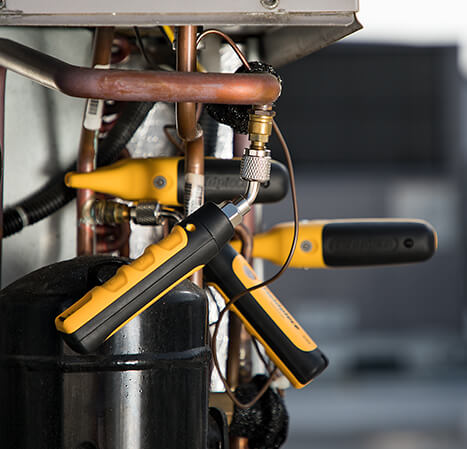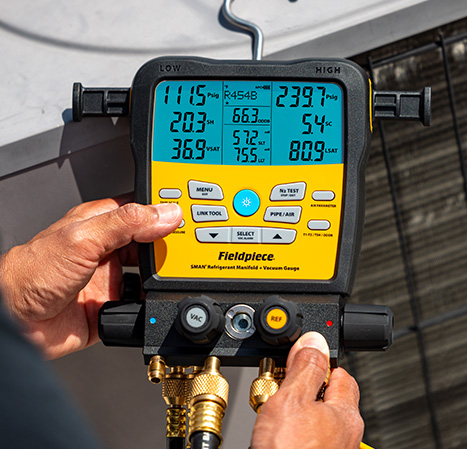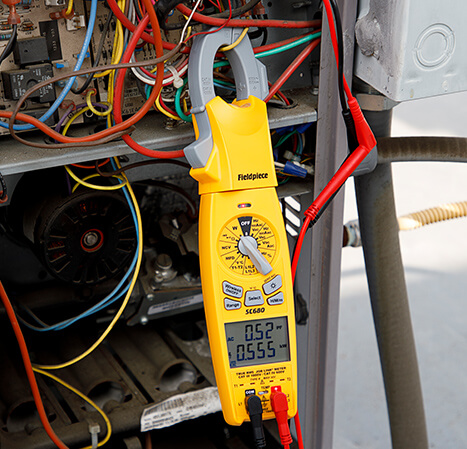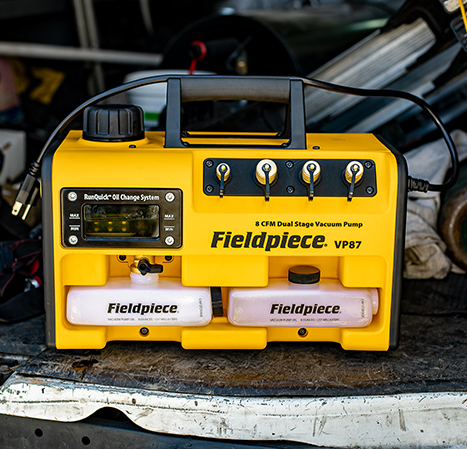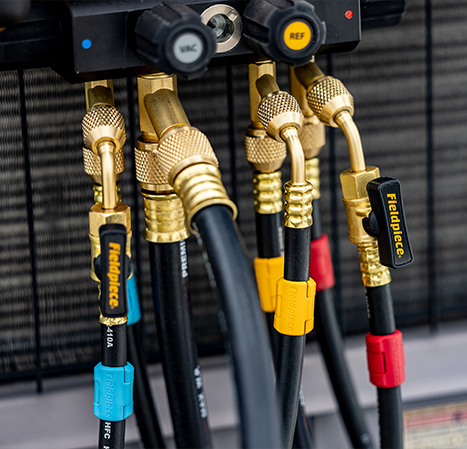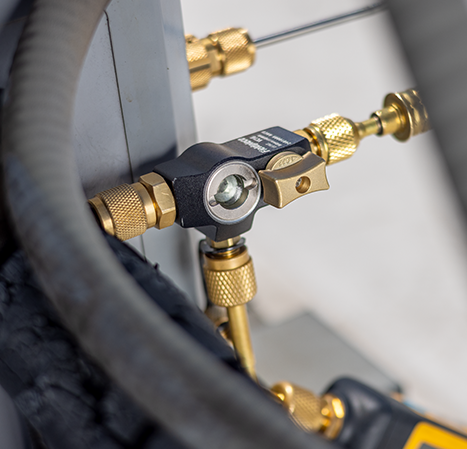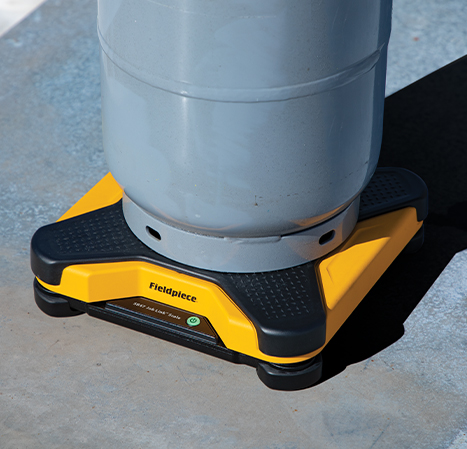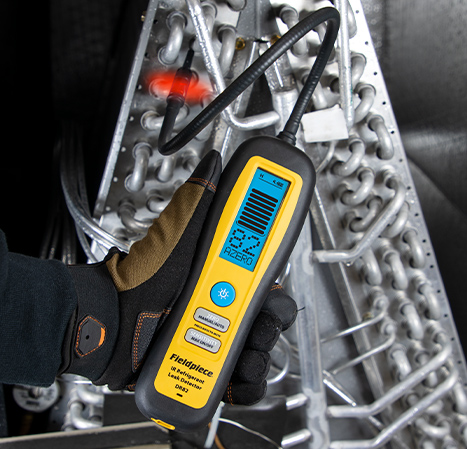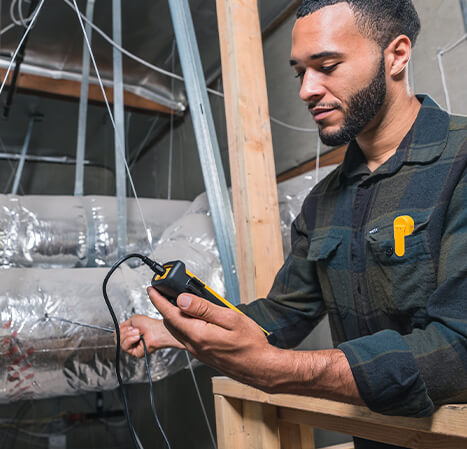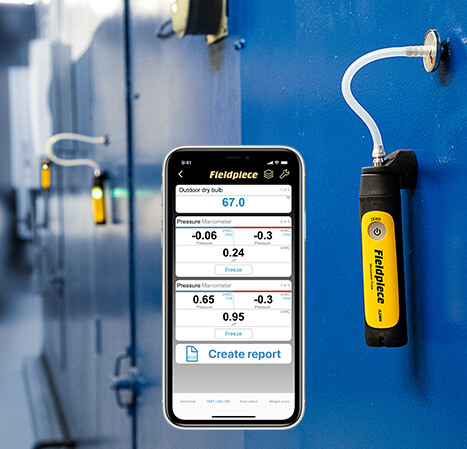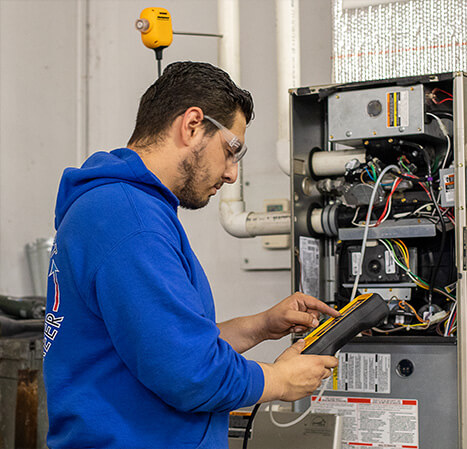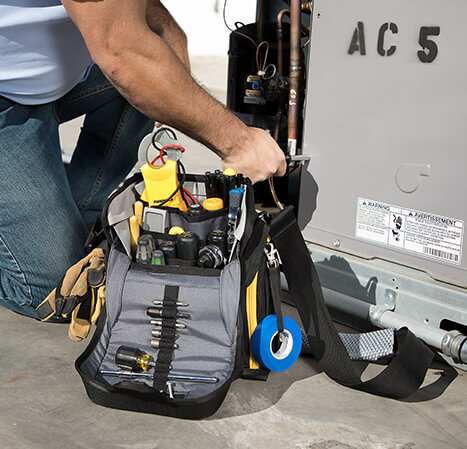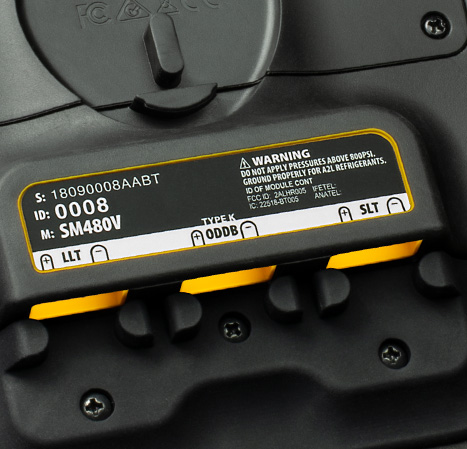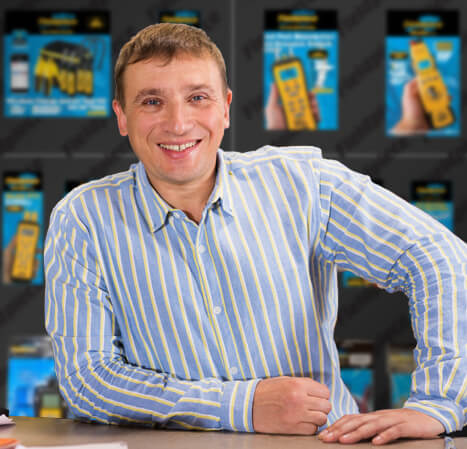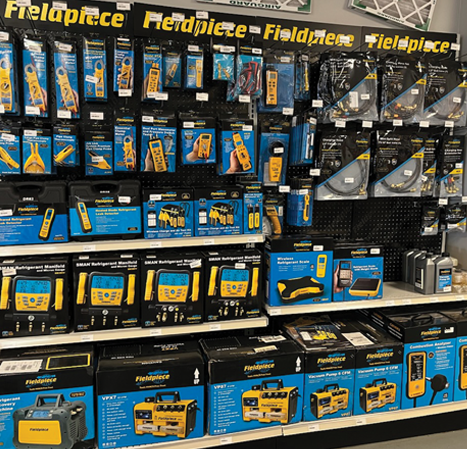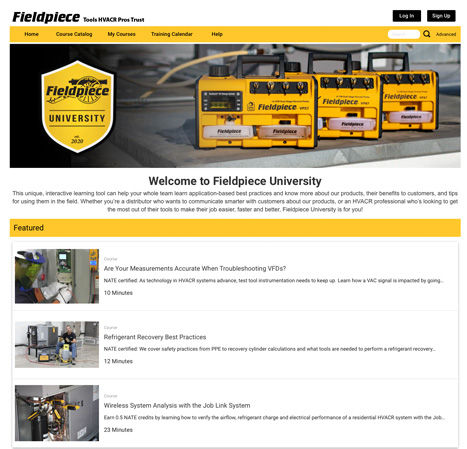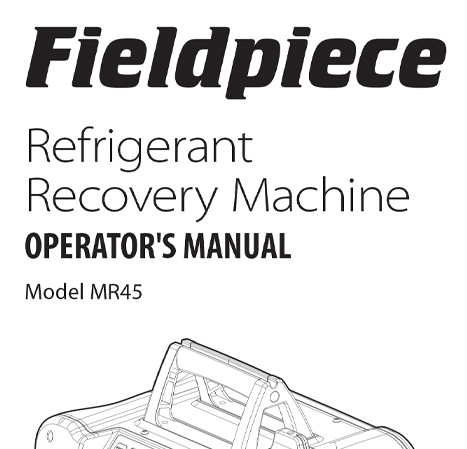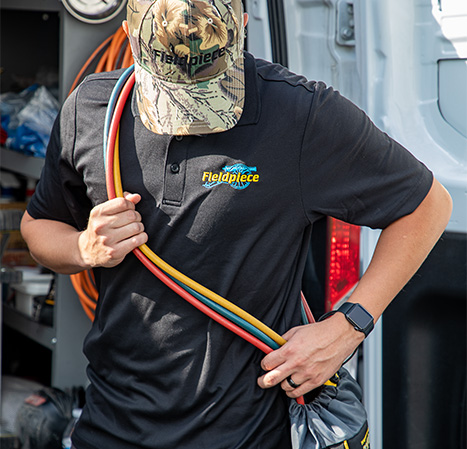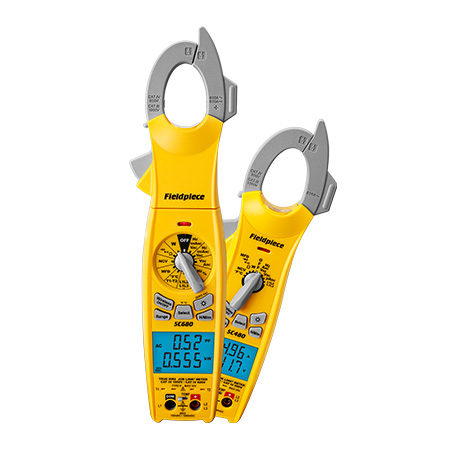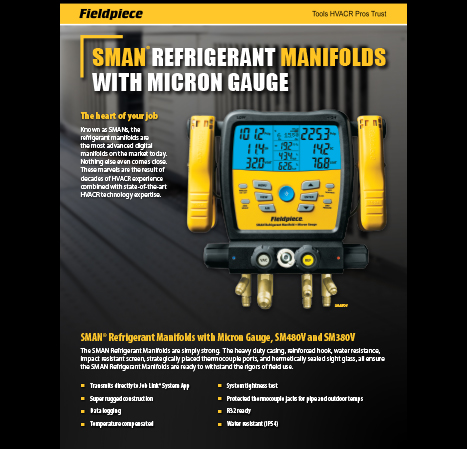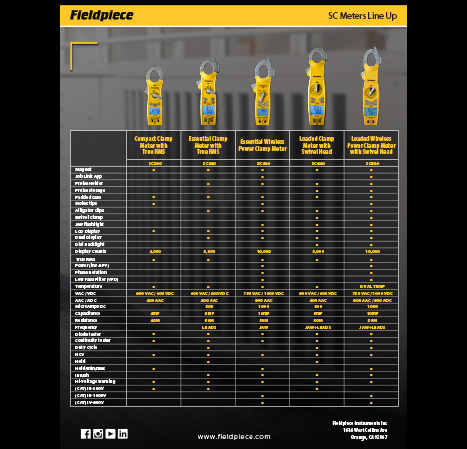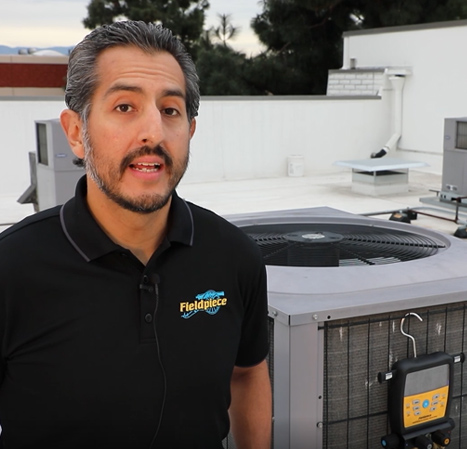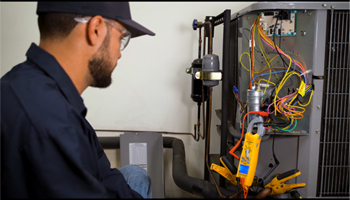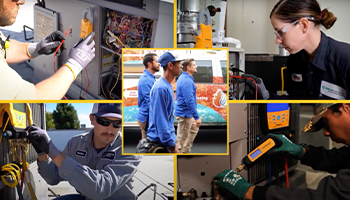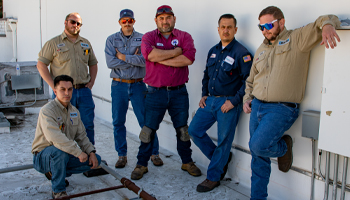Three rules to follow:
When you’re troubleshooting and testing the electrical components of an HVACR system, there are three things to keep in mind. First is safety. Working with electricity is dangerous, and even deadly, if you aren’t careful at all times. Second is to use the right meter. If you’re testing an HVACR system, make sure to use the right meter for the job. Third is to follow best practices.
The following HVACR electrical safety tips are industry best practices for a reason – they work!
1. Always put your safety first
Like we said, safety is important for you, your co-workers and your customers. Before you take electrical measurements, make sure you’re working safely. How do you do that? By following the right procedures, wearing the appropriate PPE and by ensuring that you’re always using the correct equipment.
Rules to live by:
– Turn it off. After troubleshooting a system you may determine there’s an electrical issue that needs to be repaired. Before conducting the repair, turn off the power at the breaker box. Don’t just hit the power button on the unit.
– Lock the circuit. When you’re working with the electrical components of a system, lockout and tag the breaker. This ensures that a co-worker or the homeowner won’t accidentally energize the system when you’re working on it.
– Check it twice. Even if the power is off, use a multimeter to test the system to confirm it is, in fact, de-energized. Also, make sure that your meter is rated for the voltages on the equipment you’re testing.
Dress correctly
Wearing personal protective equipment is typically the last line of defense against accidental electrocution. By conducting a safety assessment, you’ll be able to determine the level of PPE you need. This could include insulated blankets, hoods, gloves and a helmet in some conditions. In general, you should avoid wearing any metal jewelry or other things that conduct electricity — this includes some synthetic fibers. Also, always wear a face shield or safety glasses.
Use safe meters
If you’re working with electricity, make sure your meter is designed with safety in mind. Many meters include specific safety features. For instance, if you only need to determine if a circuit is energized, use a meter with a non-contact voltage sensor that beeps and lights up when near energized equipment.
In addition, make sure your test leads have finger barriers that provide visual and tactile cues to keep fingers away from live components. If you’re using a clamp meter, pick one with a built-in test lead holder. This will keep your hands even further away from power sources and energized components.
2. Is it the right meter for the job?
Safety ratings
Meters should be rated for use in your working environment. CAT III – 600V is a typical rating. Meters with these ratings should be independently tested and listed to UL 61010.
More and more VFDs
As HVACR system technology continues to advance, it’s important to select a meter designed to keep up. For example, more and more HVACR systems come equipped with variable frequency drives (VFD) to enable greater efficiency. A VFD takes the supplied AC power and converts it to a PWM (Pulse Width Modulated) non-sinusoidal voltage to accurately control the speed of an AC motor. Traditional “True RMS” meters will show readings that are 20% to 30% higher than the actual output when used to check these voltages. It is important to choose a meter with low pass filtering technology to ensure you get accurate voltage measurements.
Mini-splits carry big volts
If you’re working on mini-splits equipped with VFDs, keep in mind that they can operate with high voltage signals. Look for a meter that can measure up to 1000VDC and 750VAC. Also, for mini-splits, it’s important to use a meter that can measure resistance into the Megaohm (MW) ranges as higher resistance values are commonly found in more advanced equipment.
3. HVACR electrical troubleshooting best practices
When we’re troubleshooting an HVACR system, there are three main areas that we want to check. These are the electrical system, airflow and refrigerant charge. They’re all dependent on each other, but based on the symptoms you’re hearing from the customer, you’ll get a clue where you should start. Here are a couple of examples of customer complaints that are likely caused by an electrical issue and how to effectively troubleshoot them:
“The system doesn’t turn on.”
If the system isn’t even turning on, start by checking the electrical components. First, check the incoming voltage to make sure the unit is getting power from the utility. Then, check that the appropriate inputs and outputs are present at the control board. Also, a quick check at the thermostat for a 24-volt communication signal lets you know quickly if the signal from every thermostat is reaching the indoor and outdoor units of the system. These steps can help you quickly diagnose why it isn’t starting.
“My energy bill keeps getting higher even though I’m not using my AC more.”
Some meters on the market measure real-time kilowatt power. That gives them the ability to measure how much power in kW the system is consuming. The benefit here is you can measure the system power consumption before and after a service call to show your customer that it’s using less power after changing filters and giving it a tune-up. This could lead to a drop in their energy bill. Plus, some electrical meters that work with powerful field service mobile applications can measure system efficiency in SEER and EER. This will help you roughly compare the system with the equipment manufacturer’s energy specifications.
Let’s be safe out there
Working with electricity is part of the HVACR business. The HVACR electrical safety tips in this article are great to keep in mind as you’re working on a system: Be safe, use the right equipment and follow best practices. If all of us work with these ideas in mind, we’ll all work smarter and safer.
The skinny on test leads
When testing, you might come across mini-splits and other modern systems that include Molex plugs. Your typical test lead’s tips will not fit in these plugs for measurement. Get a meter that comes with thinner test lead tips to help you take measurements through these thinner plugs.
Magnets work
Companies put magnets on their tools to make your life easier. If your meter has a magnet, stick it to a nearby panel. You’ll be free to use both your hands to safely take your measurements. Also, you’ll never need to set your meter on the ground.
 English
English French
French Spanish
Spanish

